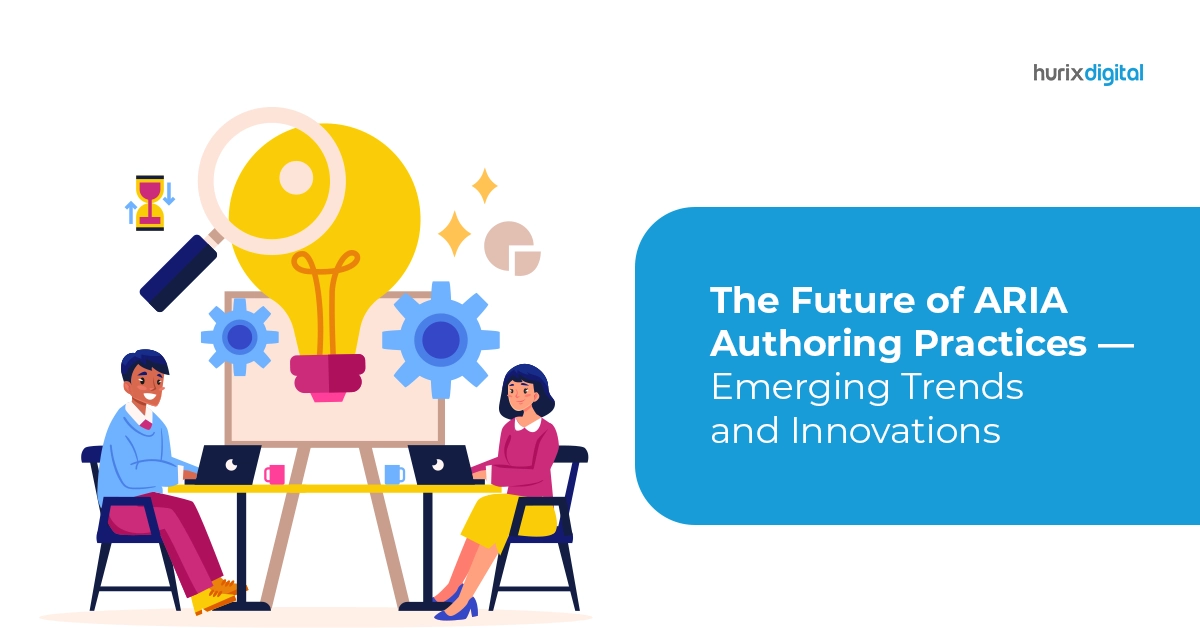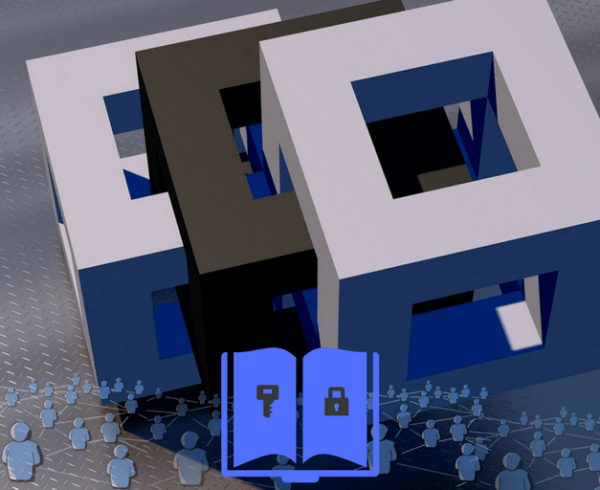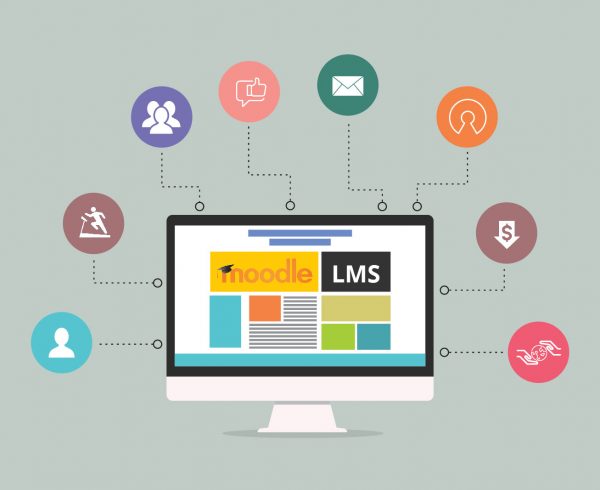Summary
This blog post explores the future of ARIA authoring practices, shedding light on emerging trends and innovations that are revolutionizing the digital landscape.
In the rapidly evolving digital landscape, ensuring web accessibility has become paramount. ARIA (Accessible Rich Internet Applications) authoring practices play a vital role in making websites and applications inclusive and accessible to all users, including those with disabilities. In this blog post, we will explore the future of ARIA authoring practices, shedding light on emerging trends and innovations revolutionizing web accessibility.
Table of Contents:
- ARIA Authoring Practices: Empowering Web Accessibility
- ARIA Landmarks: Navigating the Digital Landscape
- Keyboard Navigation: Enabling Full Control
- Assistive Technologies: Bridging the Accessibility Gap
- Web Forms: Enhancing Interactivity and Accessibility
- Mobile Applications: Extending Accessibility to Small Screens
- Web Content Accessibility Guidelines (WCAG): A Framework for Accessibility
- Inclusive Design and User Experience: Putting Users First
- Digital Accessibility Compliance: A Legal and Ethical Imperative
- The Future of ARIA Authoring Practices: Innovations Ahead
- Conclusion
ARIA Authoring Practices: Empowering Web Accessibility
ARIA authoring practices refer to guidelines and techniques used to enhance the accessibility of web content. ARIA provides a set of attributes and roles that developers can utilize to supplement the HTML markup, enabling assistive technologies to better understand and navigate web content. These practices ensure that individuals with disabilities, such as visual impairments or mobility limitations, can access and interact with websites and applications effectively.
ARIA Landmarks: Navigating the Digital Landscape
ARIA landmarks are structural elements used to organize and navigate web content. These landmarks, such as headers, footers, navigation menus, and main content areas, provide users with a clear understanding of the website’s structure. By implementing ARIA landmarks, developers can improve keyboard navigation and allow assistive technologies to provide accurate information about the page’s layout, empowering users to navigate seamlessly through digital interfaces.
Also Read: Navigating Accessibility Standards: A Comprehensive Guide to WCAG & Web Content Accessibility
Keyboard Navigation: Enabling Full Control
Keyboard navigation is essential for individuals who cannot use a mouse or have motor disabilities. ARIA authoring practices emphasize the importance of ensuring that websites and applications can be navigated entirely using the keyboard. This means that all interactive elements, such as buttons, links, and form fields, should be operable using keyboard commands. By prioritizing keyboard accessibility, developers create a more inclusive digital experience for all users.
Assistive Technologies: Bridging the Accessibility Gap
Assistive technologies, such as screen readers and screen magnifiers, play a crucial role in enabling individuals with disabilities to access and interact with digital content. ARIA authoring practices aim to ensure compatibility with these assistive technologies. By following these practices, developers can provide the necessary information and cues to assistive technologies, allowing them to relay content to users effectively.
Web Forms: Enhancing Interactivity and Accessibility
Web forms are integral components of many websites and applications. ARIA authoring practices offer techniques to improve the accessibility of web forms, including providing descriptive labels, clear instructions, and proper error handling. By implementing these practices, developers can ensure that individuals with disabilities can easily complete and submit forms, promoting inclusivity and usability.
Mobile Applications: Extending Accessibility to Small Screens
In the era of smartphones and tablets, mobile applications have become ubiquitous. ARIA authoring practices extend their reach to mobile platforms, aiming to make these applications accessible to all users. This includes optimizing touch targets, providing alternative text for images, and ensuring compatibility with assistive technologies on mobile devices. By implementing these practices, developers can create mobile applications that are inclusive and user-friendly.
Web Content Accessibility Guidelines (WCAG): A Framework for Accessibility
The Web Content Accessibility Guidelines (WCAG) serve as a comprehensive framework for achieving web accessibility. ARIA authoring practices align with WCAG principles and provide specific techniques to meet accessibility standards. By adopting ARIA authoring practices, developers can ensure compliance with WCAG, facilitating equal access to information and services for individuals with disabilities.
Also Read: How to Enhance User Experience for Web Accessibility Testing?
Inclusive Design and User Experience: Putting Users First
Inclusive design focuses on creating products and experiences that consider the needs of all users, regardless of their abilities. ARIA authoring practices contribute to inclusive design by providing guidelines for developers to design and develop accessible interfaces from the start. By prioritizing user experience and considering the diverse needs of users, developers can create digital products that are intuitive, engaging, and inclusive.
Digital Accessibility Compliance: A Legal and Ethical Imperative
Ensuring digital accessibility compliance is not only a legal obligation but also an ethical imperative. ARIA authoring practices play a vital role in achieving accessibility compliance by providing developers with the tools and knowledge to create inclusive digital experiences. By embracing accessibility compliance, businesses and organizations demonstrate their commitment to equal access and inclusivity for all users.
The Future of ARIA Authoring Practices
As technology advances, so do the ARIA authoring practices. Developers and accessibility advocates continue to explore new ways to enhance web accessibility. Innovations on the horizon include advancements in artificial intelligence, automated accessibility testing tools, and improved collaboration between designers and developers to foster a more inclusive digital landscape.
Conclusion
The future of ARIA authoring practices holds great promise for advancing web accessibility. By implementing ARIA landmarks, prioritizing keyboard navigation, leveraging assistive technologies, enhancing web forms, and adhering to WCAG guidelines, developers can create digital experiences that are accessible to all users.
Inclusive design, user experience, and compliance with accessibility standards are essential pillars in ensuring equal access and opportunities in the digital realm. By embracing the evolving landscape of ARIA authoring practices, we can collectively work towards a more inclusive and accessible future for the web.
You can get in touch with an expert like Hurix Digital to learn more about ARIA Authoring Practices.











